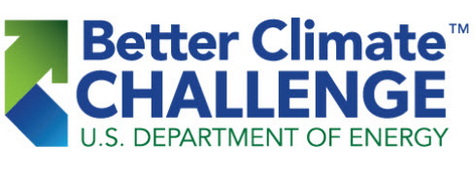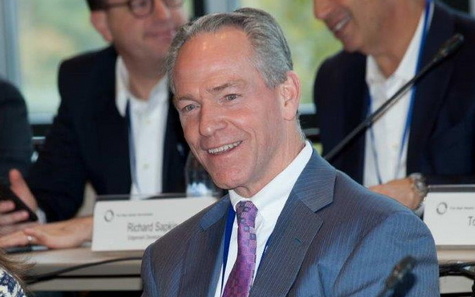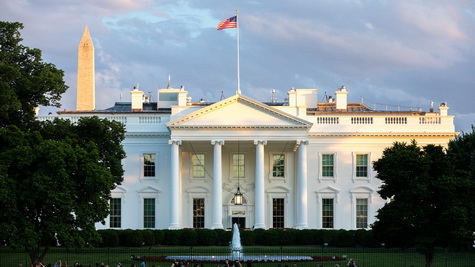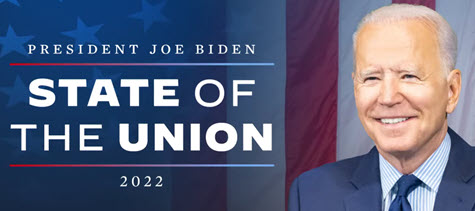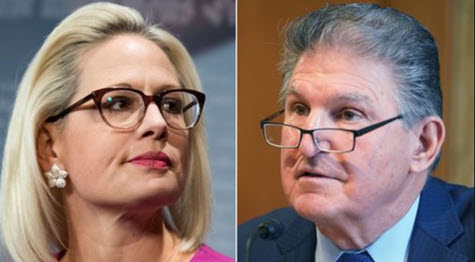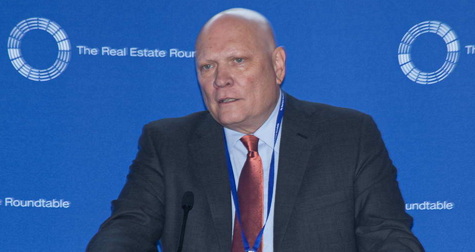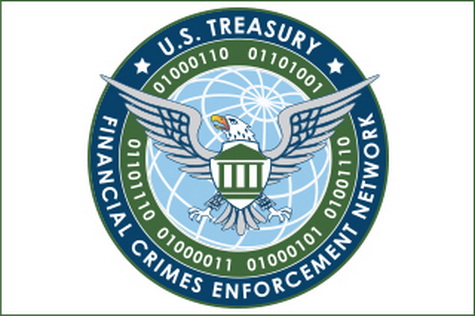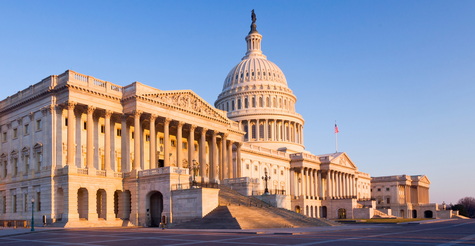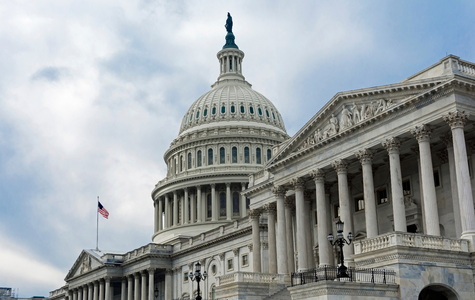
Congress this week passed a $1.5 trillion “omnibus” spending package that would fund government programs through September and provide $13.6 billion for emergency Ukraine assistance. The omni also includes Roundtable-supported language to address the transition away from the London Interbank Offered Rate (LIBOR) and reform the EB-5 Regional Center Program. (See separate Roundtable Weekly story below on EB-5)
Omni Funding & Ukraine

- The omni passed the House on a bipartisan basis on Wednesday and the Senate last night after months of negotiations. President Biden is expected to sign the 2,741-page omnibus spending package (H.R. 2471) today to avoid a government shutdown, since previously allocated funding expires at midnight. (Wall Street Journal, March 9 and March 10)
- Roundtable President and CEO Jeffrey DeBoer said, “The Roundtable applauds these bipartisan actions by lawmakers to shore up funding for government operations, and pass positive changes impacting EB-5 and LIBOR. We look forward to Congress turning its focus to other essential issues facing American businesses, workers, local communities and CRE, as outlined in our recently released 2022 Policy Agenda.
- “The Roundtable also fully supports the billions in federal aid to Ukraine as its citizens continue to bravely stand up against Russian aggression. As we bear witness to the tragic violence of the invasion, The Roundtable encourages its members and all industry stakeholders to contribute to charities involved in Ukrainian humanitarian relief,” DeBoer added. (VetVoice Foundation)
- The Roundtable on March 25 will hold an open Zoom discussion on the situation in Ukraine with Lieutenant Colonel (USA, Ret.) Alexander Vindman, a Senior Advisor at VoteVets and the VetVoice Foundation. More details will be forthcoming on how to register.
Omni & CRE

- EB-5
The omni legislation also includes the Roundtable-supported EB-5 Reform and Integrity Act of 2022, which would overhaul and reinstate the regional center program for five years. (See The Roundtable’s EB-5 Fact Sheet)
- LIBOR
Another important bill included in the omni is the Adjustable Interest Rate (LIBOR) Act (H.R. 4616), which would provide for an orderly transition of debt contracts away from LIBOR. (Roundtable Weekly, Dec. 10, 2021)
- Infrastructure
The omnibus package would also release an additional $197 billion to be spent over 10 years for energy, transportation, and other programs that were part of last year’s bipartisan infrastructure bill. (Roundtable Weekly, Feb. 11)
Reference: Appropriations bills | Ukraine Supplemental | One-page fact sheet
# # #



